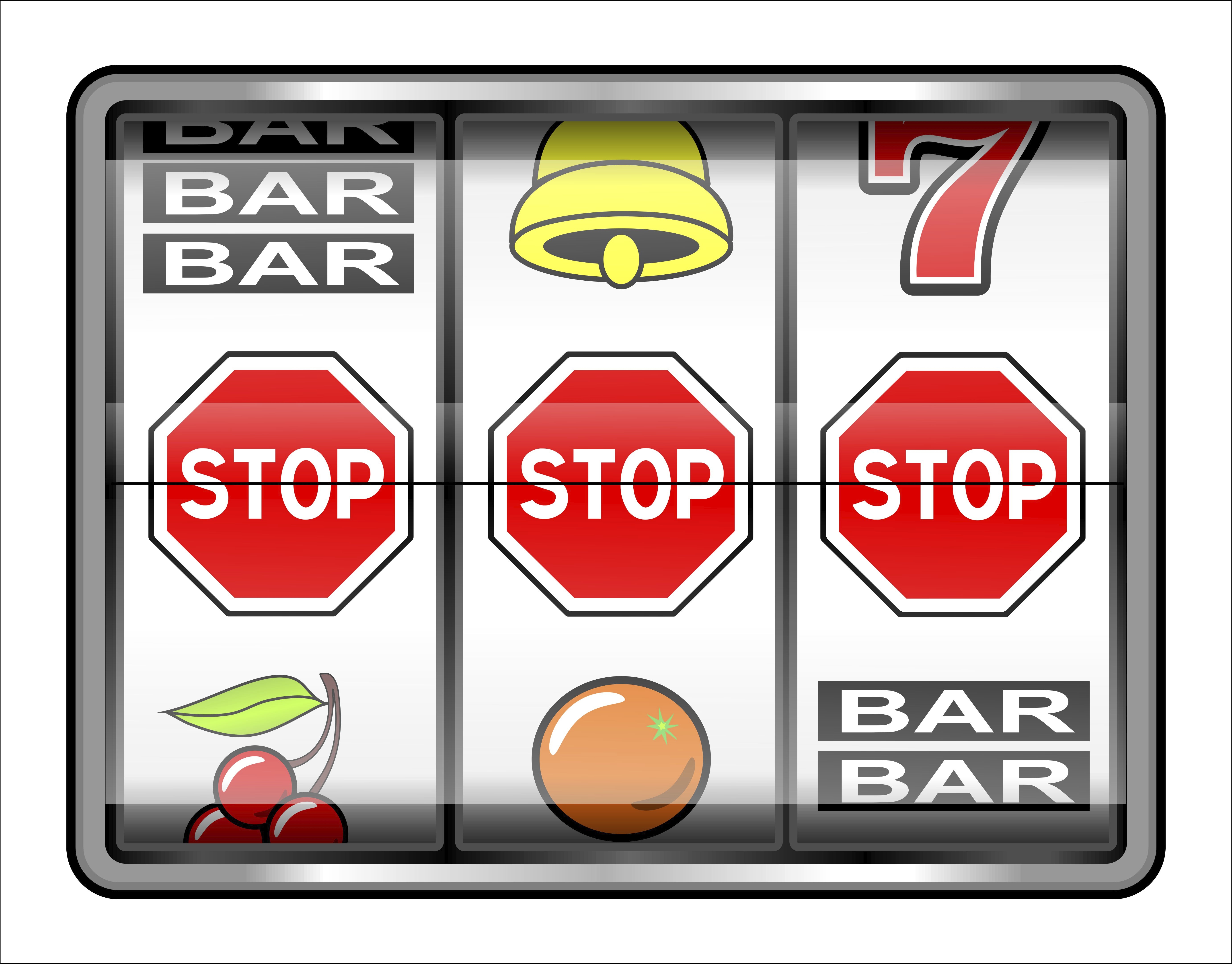March was Problem Gambling Awareness Month[1], an event established by the National Council on Problem Gambling[2] in an effort to promote awareness and education regarding the issue of gambling addiction. At its core, Problem Gambling Awareness Month aims to engage communities and families in conversation about this mental illness. They’ve also provided resources on their website to learn more about the behavioral pathology and devastating consequences of the disease.
A Lesser-Discussed Problem
Right now in the United States, approximately 6 million adults suffer from problem gambling. This is in addition to the countless teenagers that suffer, who bet illegally on a daily basis.
Because gambling is such a widespread activity that doesn’t directly harm one’s body, we tend to regard it as a less harmful behavior than drinking or drug use. Many hesitate to even call it an illness. The lines often get blurred between unhealthy wagering and a “just placing a friendly bet”, which makes it hard to diagnose this disease until it’s too late. While it is true that drug and alcohol abuse may pose a greater immediate physical threat than compulsive gambling, the lifestyle factors can be exactly the same.
Our obsession with betting has created a culture in which we’re forced to see how someone reacts to losing heavily before we can make an assessment of their gambling habits. When they’re winning, we assume they keep betting because of the monetary rewards associated with the pay-off. It is only when someone loses big and goes back to lose more that we say “that guy’s really got a problem.” This mirrors our collective attitude toward gambling addiction and the work that needs to be done to better address the issue. As the psychological addiction of problem gambling becomes more and more apparent, addiction care facilities are starting to offer treatment.
Recognizing the Signs
Gambling addicts look just like everyone else. They don’t have sunken eyes, suffer from extreme weight-loss or have marks on their arms. Their condition is identified mainly through their behavior and the lifestyle consequences thereof. This has made it hard to definitively identify a gambling problem in our loved ones.
Some of the signs of a problem gambler include a constant preoccupation with betting; betting higher and higher sums of money to maintain the initial rush; and lying to his or her loved ones regarding their betting habits.
By the time we realize there may be something wrong, it might be too late to stop their destructive habit from forming – but there’s still time to try and get them treatment.
 When the Money Is Gone
When the Money Is Gone
What does a gambling addict do when he or she runs out of money, as one is bound to do eventually? The answer is often unfortunate, even tragic. It’s not uncommon for destitute gamblers to resort to illegal and undignified behavior in an effort to support their problem. This includes stealing from family members, embezzling from their employers, burglary and many other deviant activities.
An Evolving Treatment Process
Although gambling addiction doesn’t necessarily place victims in physical danger, the risk factors of self-harm and severe emotional distress associated to this addiction clearly illustrate the importance of treatment. Gambling addicts have the highest suicide rate among those suffering from all other addictions. This isn’t a disease that we can treat with fines, jail-time and a stern talking-to.
Unfortunately, society has been even less inclined to consider treating gambling addicts, as opposed to typically incarcerating them, than they have been with other more traditional addictions: they don’t consider problem gambling to be life-threatening. Treatment for pathological gambling requires an in-depth exploration of the thought patterns that lead to the behavior. This is best accomplished through in-depth group and individual counseling as well as an individualized mental health treatment approaches.
Effective treatment must also address what in a patient’s lifestyle may encourage problem gambling with a comprehensive plan for aftercare. Finally, we must learn to admit to ourselves that pathological gambling is a disease that even alters one’s brain chemistry.



